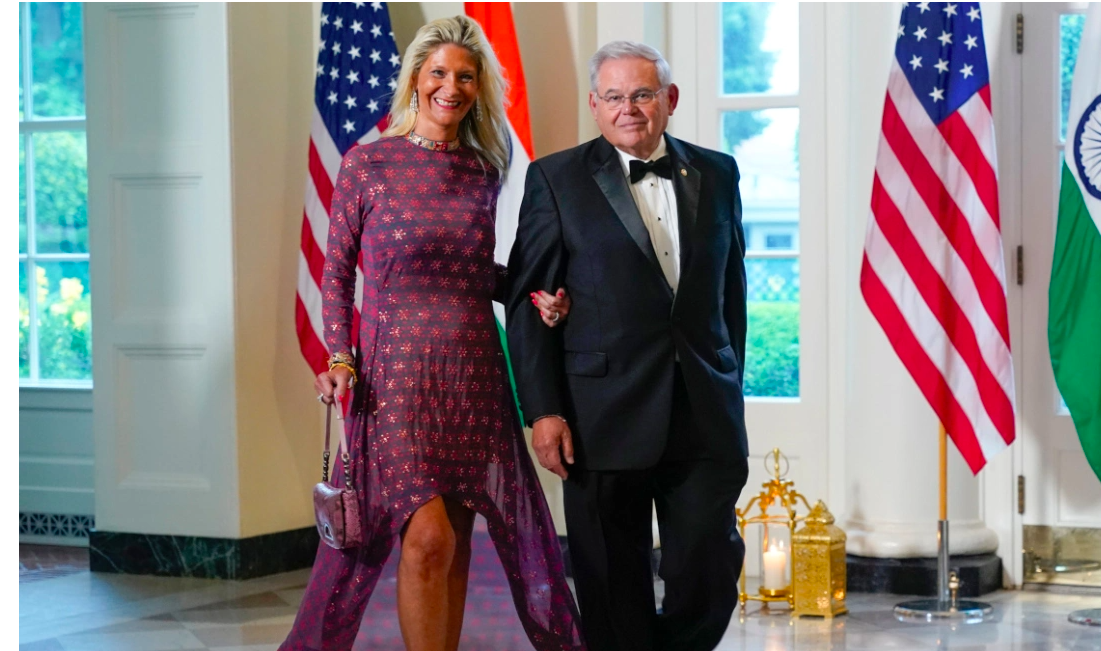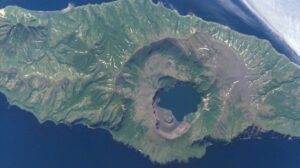The compensation issue should urgently be discussed since the first trucks loaded with Greek peaches did not reach Russia due to the embargo imposed on European products.
Therefore, Greece, Italy, Spain and France, as well as other countries such as Netherlands have jointly asked to convene the Council of Ministers of Rural Development in Brussels aiming to decide on activating the European compensation fund for farmers because of the losses they will suffer due to the Russian embargo.
According to sources of the Ministry of Rural Development and Food, a series of discussions take place at diplomatic level and are expected to get positive results both at European Union level and Russian level.
The issue will be discussed on Thursday by experts of the member states at a meeting that will take place in Brussels in order to get an initial assessment of the situation and possible solutions.
Moreover, the Ministry stated that in cooperation with Rural Development and Development Ministries and in close consultation with the Prime Minister, will take a series of measures so as to limit as much as possible the impact of the Russian embargo on fresh Greek agricultural product imports.
These measures, apart from the compensation of the producers hit by the Greek embargo, include the activation of mechanisms to redirect the products to the domestic market and other export destinations.
The ministry said that Greek producers will fully compensate, if despite the above measures, there are still losses.
Also, it was stressed that the Russian market is a very important export destination for Greek agricultural products, but “the turnover in absolute numbers is limited and can be managed on a national and EU level”.
According to the announcement, “Greece, as a European Union country-member, participates in the formulation and implementation of European collective decisions, taking into account various parameters with the sole aim to protect its national, economic and political interests. Any nervous reactions, which have no reference framework and cannot give answers to simple questions about the impact and the follow-up actions, do not help the international position of the country and the strategic national interests, from the Cyprus issue to the final exit from the economic crisis,”.
The statement also noted that the Greek-Russian relations, especially the fields of tourism and energy, but also commercial transactions in general, are progressive in a very satisfactory way.
“From a political point of view, the international community realizes that Greece as a member of the European Union and the Euro-Atlantic Alliance has always been a reliable European partner that takes full advantage of its particular regional identities and traditional relations, not only bilaterally but also to ensure the positive development of the collective European and Euro-Atlantic policy in all major international fronts. Always in the context of international law and aiming for peace and stability,” the ministry added.
The EU and the Euro-Atlantic partners, the statement concluded, should also “realize that it is not possible to have EU candidate countries, which are also members of the Alliance and which participate in the European policy in a selective way and benefit from the cost paid by the country-members. The country’s position on all these issues is formed within the established national strategy and expressed in identical terms by the Prime Minister at the European Council and in his contacts with other Heads of State or Government, by the Government Vice-President and Foreign Minister at the Foreign Affairs Council and by all ministers in their contacts with their counterparts in the respective compositions of the EU Ministers’ Council”.
According to the ministry “This applies in the Ukrainian crisis and all the others – unfortunately many – fronts of international politics, especially in the wider Middle East area and North Africa,”.
Ask me anything
Explore related questions





